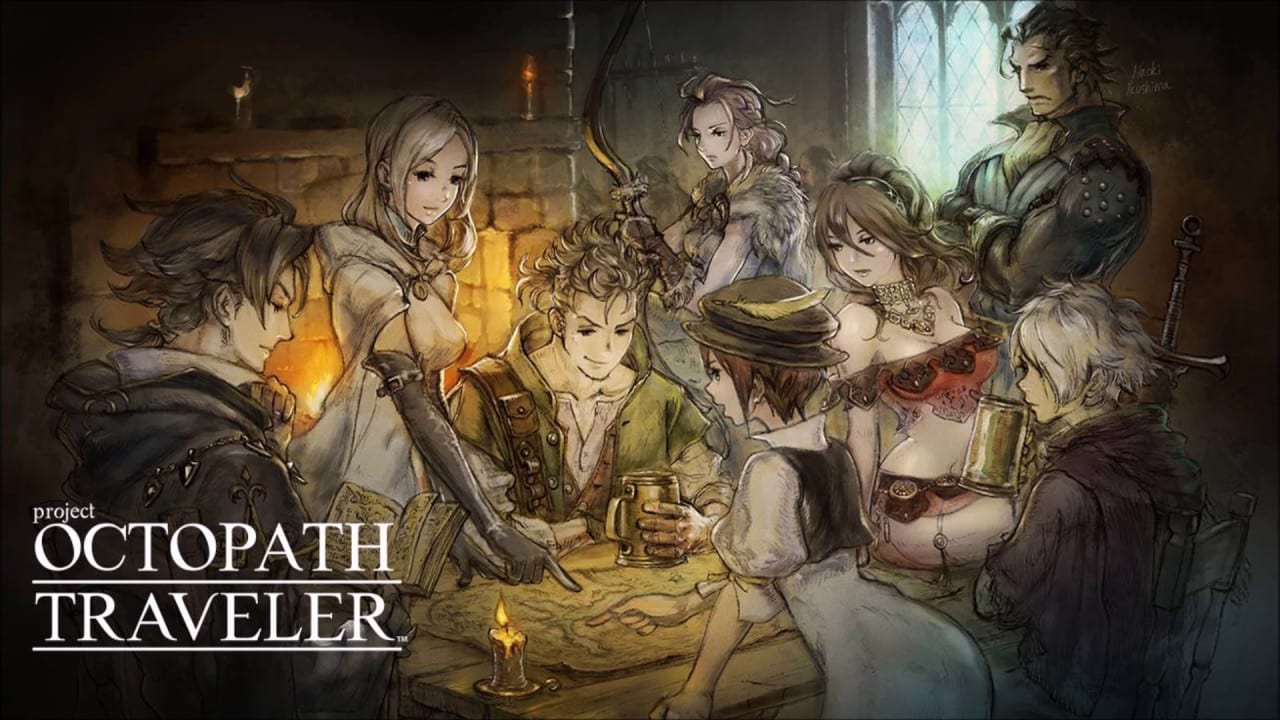Square Enix’ fall from grace, at least in the eyes of classic-JRPG fanatics, is well-documented. With every numbered Final Fantasy entry, the publisher diverts further from its original formula, for better or worse. The release of Final Fantasy X arguably began the criticism, but XII, XIII, and XV all added a share of controversy to the mix. While all of these games are meritorious in their own ways, they ultimately failed to scratch the itch that has pestered old-school JRPG fans for years.
Several years ago, Square finally responded to this sentiment and developed Bravely Default for Nintendo 3DS. Bravely Default was a daring blend of old and new, combining classic RPG elements, like a class system, with modern conveniences like a random encounter frequency slider. Despite a number of faults, the new series contained elements that many JRPG fans spent years yearning for. Fans were happy to see this effort from Square, and the publisher was likely happy to see its risk pay off financially. Fortunately, it appears that Bravely Default’s success has forced Square to reconsider their strategy and develop more games in the vein of SNES- and PSX-era JRPGs.
During the Nintendo Switch’s initial debut in January, Square’s new game, an RPG with the working title Project Octopath Traveler, was revealed. At the time, not much was shown – just enough to entice a few hardcore RPG fans. However, the game’s new showing at Nintendo’s recent Direct sparked a positive reaction across the gaming spectrum. The art style, which adds a high-definition twist to 16-bit-style graphics, captured everyone’s attention, and the branching, multi-character narrative structure is an innovative design choice that firmly plants this title as Square’s next attempt at tapping into RPG nostalgia. Shortly after the Direct’s conclusion, a demo was released onto the Switch’s marketplace.
Octopath’s narrative is uniquely told, and the player will explore its world through the perspectives of eight different characters. In the demo, two of these characters are available to try: Olberic, a knight with a tragic past, and Primrose, an indentured dancer with a secret identity. I played through both of the demo’s offerings, and throughout the entire experience, I was captivated. Primrose’s story is surprisingly dark, and Olberic’s, while perhaps only slightly deviated from many RPG knight tropes, is tightly focused and engaging. The dialogue isn’t impervious to the cheesiness that bogs down much JRPG storytelling, but ultimately, the story is delivered well through sharp voice acting, powerful musical pieces, and interesting narrative developments.
Overall, I am entranced by Octopath’s partially retro aesthetic and wondrous soundtrack. Yet, I have a few apprehensions, all of which are small issues that will hopefully be sorted out before the game releases. Fortunately, part of Square’s rationale in releasing the demo is to collect feedback. In fact, surveys have already been administered to some players of the demo.
The combat system is good and in many ways similar to Bravely Default. The interface is simple and intuitive and, judging by Olberic’s and Primrose’s skill sets, will offer multiple approaches to the player. However, many fights are stretched too long. Rather than feeling legitimately challenged by these lengthy random encounters, I more often feel frustrated. Regular enemies have too much health and battles often become a rinse-and-repeat affair – one that hollowly inflates the time spent within each battle. I’ve read some complaints about the game’s art style, mostly that some of the visual effects are presented too strongly, but I find it all beautiful.
Square’s emphasis on collecting player feedback will make Octopath’s developmental trajectory interesting to follow. Developers don’t often place much stock into the opinions of their player base, so whether Square decides to go against the grain here will largely affect the final product. For the most part, reception to Octopath has been great, with most complaints mirroring the small ones I voiced earlier. If adjustments are made while leaving the intriguing core of the game in place, then Octopath will be a boon for JRPG enthusiasts thirsting for a classic experience. Perhaps more significantly though, Octopath’s exclusivity with the Nintendo Switch makes it important for the console’s library, and the addition of a megaton JRPG would provide the Switch’s currently barren 2018 lineup with a needed spark.
